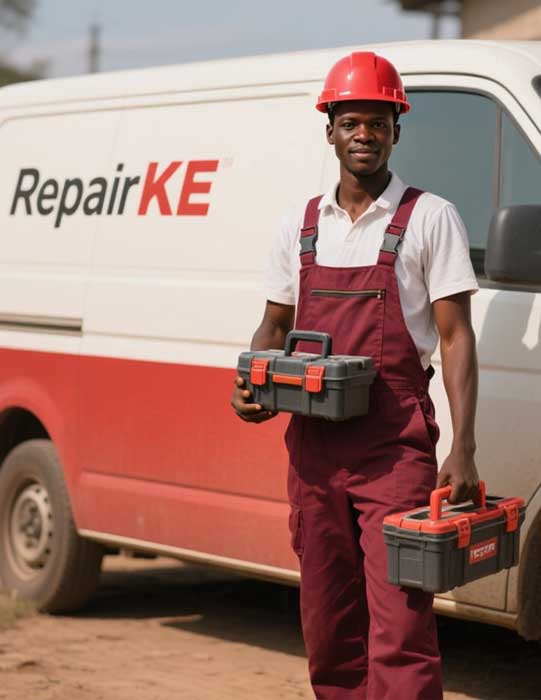1. Power Supply Issues
A common reason a washing machine won’t turn on is a problem with the power supply. If the machine is not receiving electricity, it will not function. Check if the power cord is securely plugged into a working outlet. A loose connection or damaged cord can prevent power from reaching the machine. Test the outlet with another appliance to confirm it’s functional. In Kenya, power surges or outages are frequent, especially during heavy rains, and may trip circuit breakers or blow fuses. Inspect your home’s electrical panel for tripped breakers or blown fuses and reset or replace them as needed. If the outlet is faulty, contact a qualified electrician to avoid risks.
"Power surges can silently damage washing machine circuits, so always use a surge protector."
— Electrical Safety Expert
2. Faulty Door or Lid Switch
Modern washing machines have a safety feature that prevents operation if the door or lid is not securely closed. A defective door or lid switch can cause the machine to remain off, even when powered. Inspect the door latch or lid for proper alignment and ensure it clicks shut firmly. Over time, the switch may wear out or become obstructed by debris, preventing the machine from detecting a closed door. At RepairKE, we often find that cleaning the latch or replacing a faulty switch resolves the issue. Avoid forcing the door, as this can worsen the problem.
"A washing machine’s lid switch is a critical safety component, designed to prevent accidents during high-speed spins."
— Appliance Repair Technician
3. Malfunctioning Control Board or Timer
The control board or timer is the brain of the washing machine, directing its functions. If this component fails, the machine may not power on or respond to commands. Electronic control boards are sensitive to power surges, moisture, or wear over time. Mechanical timers in older models can also jam or break. Signs of a faulty control board include unresponsive buttons or lights that don’t illuminate. At RepairKE, we diagnose control board issues using specialized tools to determine if repair or replacement is needed. This is a complex fix, so professional assistance is recommended.
"In Kenya, frequent power fluctuations can shorten the lifespan of a washing machine’s control board."
— Home Appliance Specialist
4. Blown Thermal Fuse or Motor Issues
A blown thermal fuse or motor failure can also prevent a washing machine from turning on. The thermal fuse is a safety device that cuts power if the machine overheats, often due to lint buildup or ventilation issues. A faulty motor, caused by overloading, wear, or electrical faults, can also halt operation. Check for unusual noises, burning smells, or error codes before the machine stopped working, as these indicate motor or fuse problems. At RepairKE, we recommend clearing lint filters regularly and avoiding overloading to prevent such issues. Replacing a thermal fuse or motor requires technical expertise to ensure safety and proper function.
"Overloading your washing machine can strain the motor, leading to costly repairs over time."
— Laundry Appliance Expert






